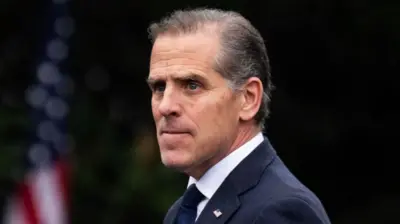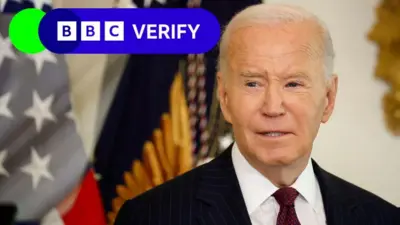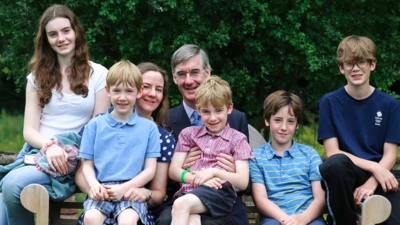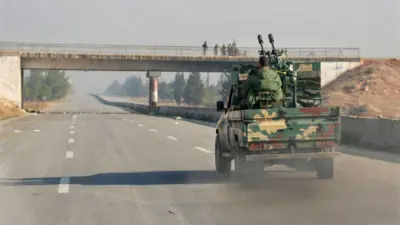We've updated our Privacy and Cookies Policy
We've made some important changes to our Privacy and Cookies Policy and we want you to know what this means for you and your data.
Human trafficking victims fund to be launched by UN
- Author, Ben Ando
- Role, ҙуПуҙ«ГҪ Crime Reporter
A fund to help victims of human trafficking is being launched later by the United Nations in London.
Trustees hope to raise millions of pounds from governments, corporations and private donors, and give the bulk of it to front-line services.
Previous UN campaigns have focused on law enforcement but this will focus on the victims and providing financial support to centres that help them.
Supporters say helping and educating victims helps jail the traffickers.
The trustees are hoping to start assigning funds by the summer.
Fund trustee Nick Kinsella said: "This is going direct to victims via the groups that are supporting them where it's needed the most.
"It won't be funding things such as campaigns - it's looking for effective remedies.
"We are looking to support front-line services and this is a global scheme."
To qualify, interested groups must complete an online application.
Unlike most UN forms, which can be in the seven United Nations languages, all submissions for this fund must be in English.
Eliminating costly translations is evidence, say the trustees, of how costs are being cut from bureaucracy to maximise the amount that can be handed out.
One group active in the field is City Hearts - a national charity based in the north of England. In a dedicated safe house with trained staff working round the clock; victims of trafficking are made to feel safe and given a sense of normality.
"They are very traumatised when they first come in," said manager Colleen Brownlee, "they may be self-harming to cope, have flashbacks, nightmares and so on. Our staff are trained to deal with that."
Previous UN campaigns have focussed on law enforcement campaigns, but City Hearts director Jenny Gilpin says helping the victims can help the police.
"Traffickers are evil and need to be brought to justice, but if you look after a girl you're more likely to get a conviction," she said.
"They're more prepared to tell their story if they know they've got a safe place to go to."
At the centre, the victims - many young and from Eastern Europe - are given English lessons to help them adjust and offered training in various life skills from IT to cooking.
They can also take advantage of dance or drama therapy hosted by Sophie Mei, who says physical activity is an important part of the healing process.
"Dance builds self-esteem and confidence, as well as fitness, and a lot of the women come from cultures that use dance as a way of celebrating," she said.
Top Stories
More to explore
Most read
Content is not available








